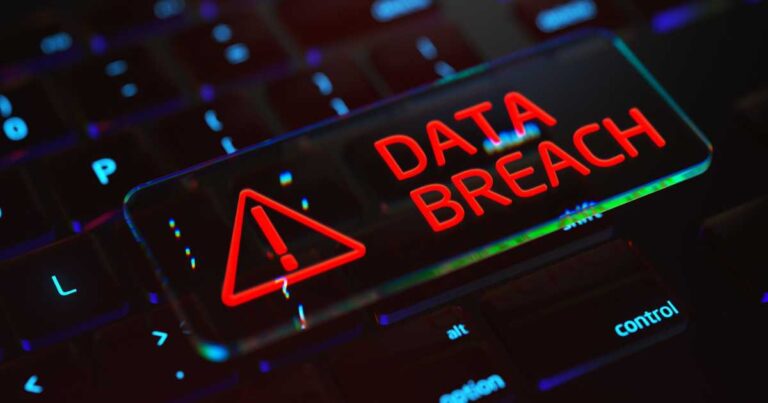In a chilling revelation, cybersecurity experts have uncovered the "mother of all breaches." A staggering 26 billion records of leaked, breached, and sold data have been unearthed on the web, potentially putting countless individuals at risk of identity theft and other cybercrimes.
Cyber Threat Intelligence Director Bob Diachenko, of SecurityDiscovery.com, in collaboration with the team at Cybernews.com, made the discovery. This massive collection of user logins and personally identifiable information (PII) spans 12 terabytes (TB) of data, setting a new benchmark in data breaches.
Although a significant portion of the compromised data comes from known sources, experts warn that the compilation likely includes new, unpublished data and duplicate entries. To put the scale of this breach into perspective, Cybernews' own data leak checker—which contains 15 billion records—pales in comparison.
The implications of this breach are profound. With such a vast amount of sensitive information now exposed, the threat of identity theft and credential-stuffing attacks looms large. Credential-stuffing attacks involve cybercriminals using known passwords and related email addresses to gain unauthorized access to various online accounts. If you reuse passwords on multiple platforms or fail to update them regularly, your risk of falling victim to attacks like this is significantly heightened.




